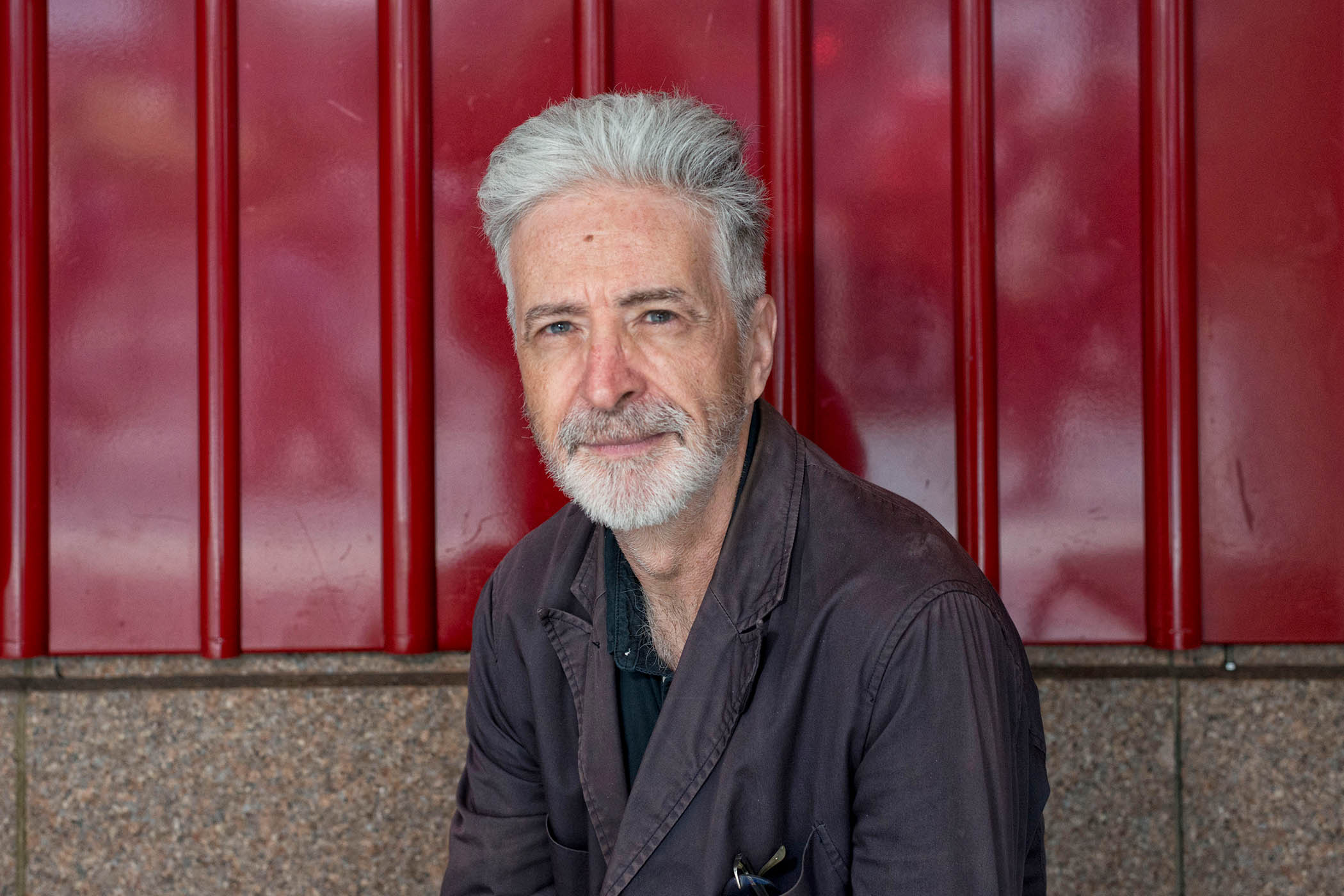In the recent wave of South Korean fiction crashing into the Anglophone world, Bora Chung’s restless, genre-based stories have been a highlight. Her collection of horror fantasies, Cursed Bunny, was shortlisted for the International Booker prize in 2022, and the science fiction stories in Your Utopia (2024) included one narrated by a sentient lift that couldn’t understand why humans don’t get their faulty parts replaced.
Now with The Midnight Timetable, Chung has turned to ghost stories, loosely structured around an institute of haunted objects, and the results are more skittish than ever.
There are plenty of traditional(ish) spooky elements: a woman with a blue face and green teeth that appears as a succubus to another woman’s husband; a series of silent, staring sheep blocking a stairwell; a taxidermied seagull that – seagull is as seagull does – continues to raid the fridge and bin even after death.
But the terror in this book is as much sociopolitical as supernatural. In the opening story You Can’t Come in Here, Chan is a gay man whose struggles with his family’s demands for conversion therapy have resulted in hallucinations. “The human body is our fundamental method of ... relating to this world”, and Chan’s experiences lead to a “belief that his body was his burden to endure in this life”. In Blue Bird, a fairytale story of power and subjugation is connected to modern social pressures placed by men on women. The extreme oddness and narrative switchbacks – in one story, a murder happens literally on the turn of a page – mean the grounded, emotional moments hit all the harder when they come.
The Midnight Timetable was “a really fun amusement park of a book to work on”, Chung says, but occasionally the fun isn’t successfully transmitted to the reader. That opening story attempts too much by introducing the institute and also cycling through different characters’ stories without stopping for breath or going back to finish them. This approach, of handing the narrative from character to character, is much more successful in Handkerchief, where two ageing brothers are driven to a frenzy of obsession – and a fistfight – over a handkerchief bequeathed by their mother.
There are playful modern twists, too: in Cursed Sheep, a man risks his job by live-streaming from the haunted institute (viewers keep “spamming the word ‘FAKE’ in the comments”), while Chung toys with the current fetish for cute cat stories in Why Does the Cat. (Tip to cat lovers: skip ahead when you get to the line “nailed the body ... against the headboard”.) But the story works too as an account of a man tortured by emotions so deep he can’t name them, only follow them.
The Midnight Timetable benefits from a translation by Chung’s usual collaborator, Anton Hur, who brings clarity to even the strangest scenes. But the weak spot is the weirdly banal afterword where Chung explains the inspiration for the stories; it detracts from tales that should stand on their own. Which leads to an unusual recommendation: this is a good book, which you should stop reading before you get to the end.
The Midnight Timetable by Bora Chung, translated by Anton Hur, is published by Dialogue Books (£14.99). Order a copy from The Observer Shop for £13.49. Delivery charges may apply
Editor’s note: our recommendations are chosen independently by our journalists. The Observer may earn a small commission if a reader clicks a link and purchases a recommended product. This revenue helps support Observer journalism
Photography by Hye Young
Newsletters
Choose the newsletters you want to receive
View more
For information about how The Observer protects your data, read our Privacy Policy


